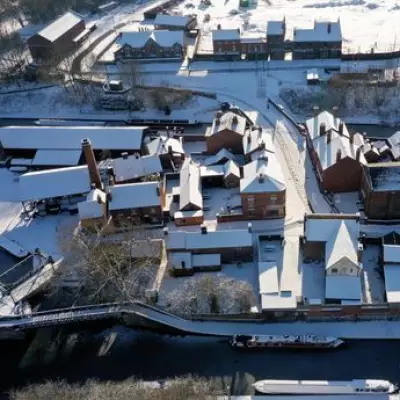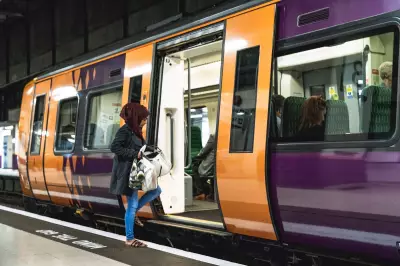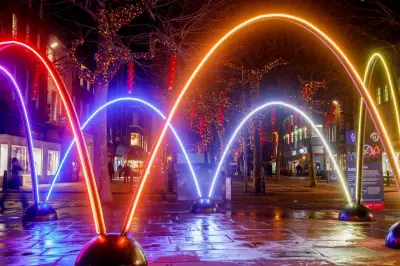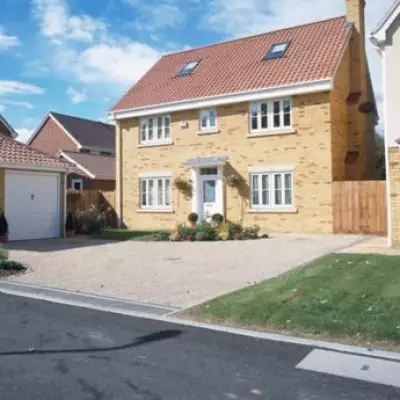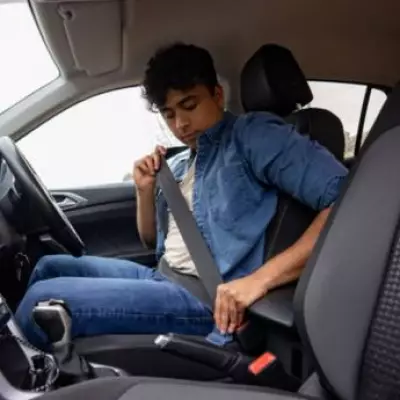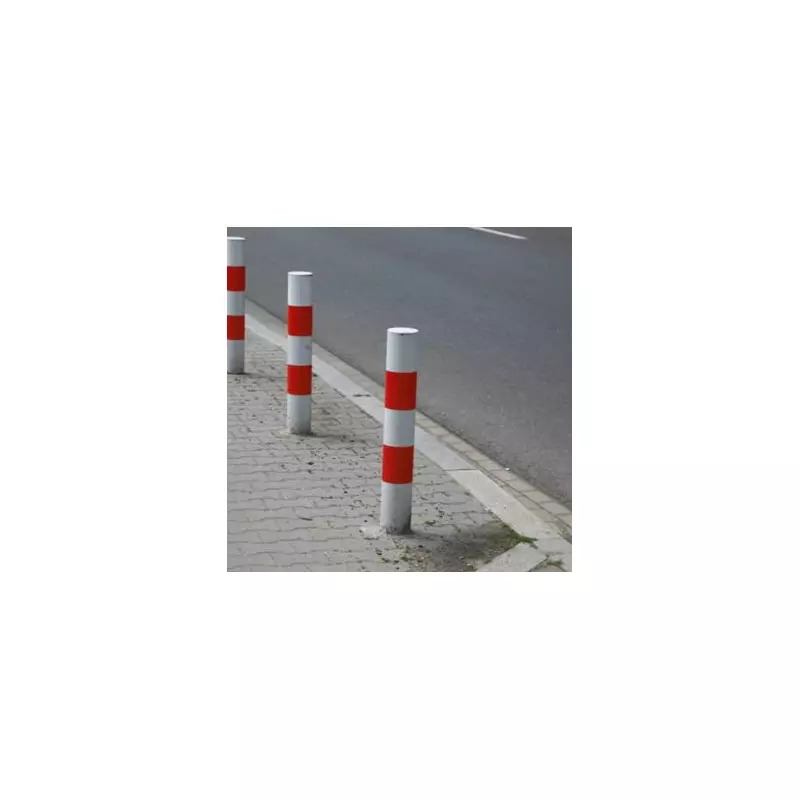
Cycle Lane Safety Measures Spark Driveway Access Row
Motorists in a Dorset town are reporting a driveway nightmare after a council installed bollards that prevent them from accessing their own properties. The one-foot-tall posts were erected by the Bournemouth, Christchurch and Poole (BCP) Council along Wimborne Road in Poole.
The traffic wands form part of a newly laid cycle path, intended to make riding a bicycle safer by physically preventing cars from parking on it. This initiative is a component of a massive £120 million scheme to build a network of nearly 50 miles of cycle lanes across south east Dorset.
Resident Outcry Over Safety and Access
For those living on the street, the well-intentioned project has created significant practical problems. Homeowners state the wands have made pulling into and reversing out of their driveways exceptionally difficult, with some left with no viable parking options at all.
Debbie Woodcocks, a 50-year-old carer who has two bollards directly in front of her driveway, described the situation as infuriating. "It’s a nightmare trying to get out," she said. "At least before you could reverse out with some more haste but now you’ve got to navigate those things which force you to reverse into the other side of the road."
She expressed serious safety concerns, believing the scheme has backfired. "It’s made things more dangerous for cyclists and drivers, and I think an accident is more likely now," Woodcocks added, also questioning how emergency services would navigate the now-narrower road.
Another resident reported that while a neighbour successfully complained to have a wand removed for blocking access, the overall situation remains challenging. "It is so much more difficult now; there’s no turning into the driveway any more. You have to go in a straight line," she explained. She also revealed the council had removed on-road parking to make way for the cycle lanes, leaving residents with fewer options.
Council Response and Planned Adjustments
Andy Hadley, the council cabinet member responsible for highways and travel, defended the project. He stated the council is committed to creating safe, sustainable, and active travel options for people, including schoolchildren, travelling to and from Poole town centre.
"To encourage people to cycle they must feel confident that they are safe," Hadley said. "These wands are intended to give them that confidence, by alerting both people cycling and those driving vehicles to the presence of the cycle route, affording a degree of separation from moving traffic and preventing vehicles from blocking the cycle lane."
However, he acknowledged the feedback from residents. The council admitted that some wands were placed in locations that impact informal access to properties. A council statement confirmed: "In locations where this creates the most difficulty, we are looking at adjusting the positions of the wands to ensure continued property access."
The situation highlights the difficult balance councils must strike between promoting active travel and maintaining access and convenience for local residents.

